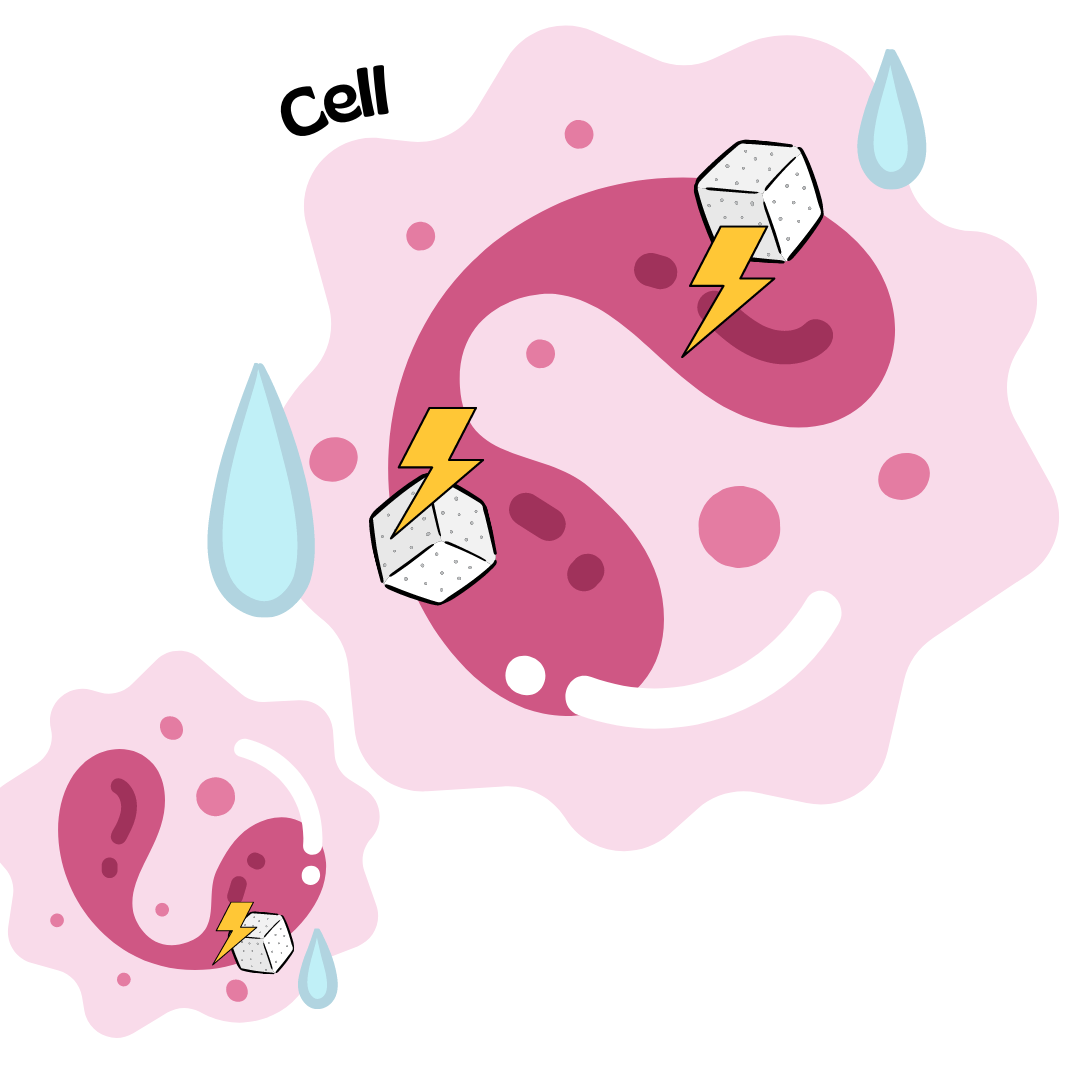Twenty Reasons to Meet with a
Diabetes Care and Education Specialist
Stop Dieting and Lose Weight
Diabetes specialists focus on sustainable eating habits and weight loss strategies- ones that you can maintain to keep weight off in the long run without compromising your favorite foods!
Save Money
Decrease costs by finding medication savings program and reducing the occurence of expensive emergency room visits. Plus, Medicare and most private insurances cover the visits with a diabetes educator.
Get Off the Blood Sugar Rollercoaster
The ups and downs of blood sugar are physically and mentally exhausting. Find stability again by meeting with a diabetes specialist.
Less Fingersticks and Injections
Many people with diabetes qualify for technology that can minimize fingersticks and injections. Learn about the different options and receive ordering assistance.
Require Less Medication
Because of their emphasis on healthy eating and activity, studies show that people working with diabetes educators generally require less medication. If you do require medication, educators will collaborate with your doctor to find the ones best suited for you.
Protect Against Complications
Having diabetes does not mean complications are inevitable. Studies show working with a diabetes specialist can reduce the risk of developing future diabetes complications. Everyone is happier with all of their limbs
Spend More Time Enjoying Life
Diabetes management requires hundreds of extra decisions each day. An educator wants to make day-to-day life more manageable so you can spend more time with loved ones and doing the things you enjoy.
Lower A1C
Studies show meeting with a diabetes educator can lower blood sugar, cholesterol, and blood pressure. Controlling these clinical indicators will help you live a long, comfortable life.
Live Out Your Full Life
Your life is NOT over because you have diabetes! Let a diabetes specialist show you how to manage your sugar so you can be there to watch your son graduate from college, walk your daughter down the aisle, or see your first grandchild be born.
Feel Energized Again
Tired of feeling tired? A diabetes specialist will help you manage your blood sugar so you feel energized and able to take on whatever the world has in store for you.
Find Support
You are not alone. A diabetes specialist can be a shoulder to lean on or introduce you to a whole community of people experiencing similar hardships.
Learn the Foundations of Diabetes
Learn how to use diabetes devices, administer insulin, develop routines to remember medications, interpret blood sugar and respond accordingly, and how to incorporate healthy eating and activity into your daily life.
Stop Interruptions
Lead a business meeting or go on a date in peace! Learn how to manage your sugar proactively so you don't have to deal with the disruptions of highs and shaky, sweaty lows.
Be Motivated and Empowered
A diabetes specialist will help you fight against diabetes by empowering you to take control of your care and stay motivated while changing old habits.
Receive Personalized Care
Diabetes specialists know that your diabetes is not the same as someone else's. We oppose one-size-fits-all care. Instead, we work to get to know you personally and address your individual needs and concerns.
Become Confidently Self-Sufficient
Diabetes educators are one of the biggest supporters of "self-management." We do not tell you what to do, rather we educate you so you are informed and can take ownership of your diabetes and make decisions confidently.
Get Your Questions Answered
Diabetes educators are a honest and accurate resources for all your diabetes-related questions. There is no such thing as a stupid question here.
Solve Problems and overcome Barriers
A diabetes educator will help you develop problem-solving strategies to handle stressful emergency situations as well as overcome barriers for day-to-day management.
Develop Coping Skills
Remembering medications, testing your sugar, going to appointments counting carbs- that's a lot to cope with especially when the most successful outcome is to be "normal." Educators will help you cope with the emotions associated with managing a 24/7 disease.
Fit Diabetes into Your World
That's right, we strive to make diabetes fit into your world instead of making your world fit into diabetes. Together, we collaborate to find solutions and develop a plan that fits YOUR lifestyle and respects your habits, interests, or beliefs.




